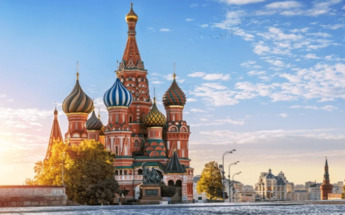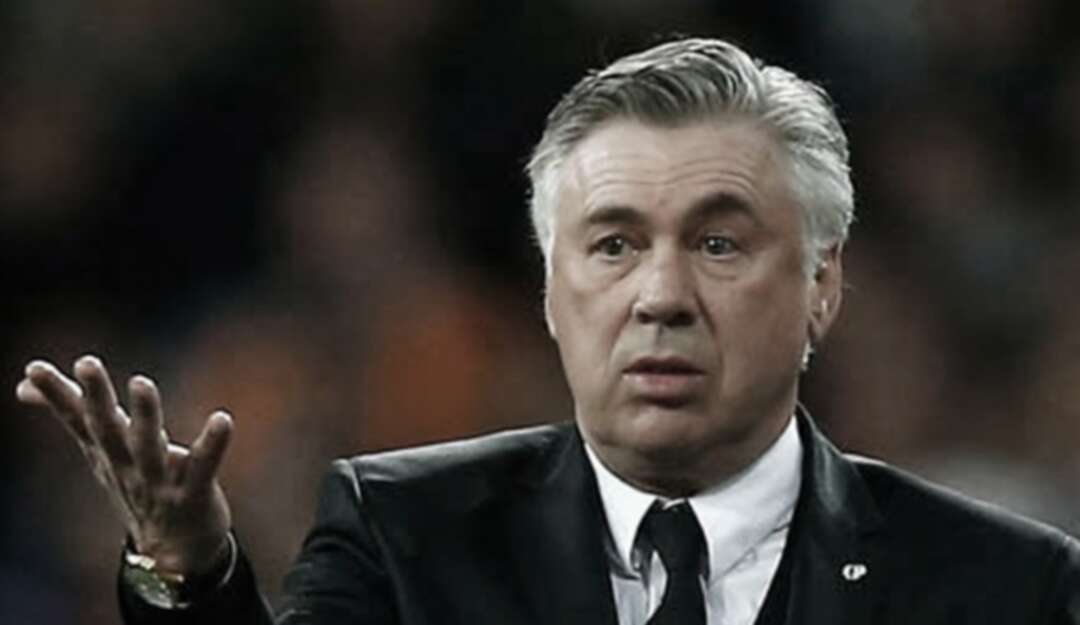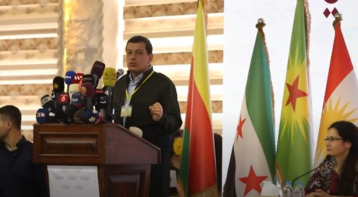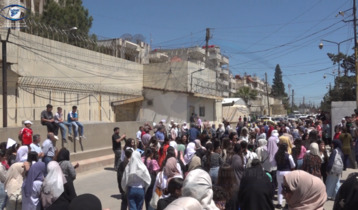-
Over 100 members of European Parliament call on EU to recognize 1988 massacre in Iran as genocide
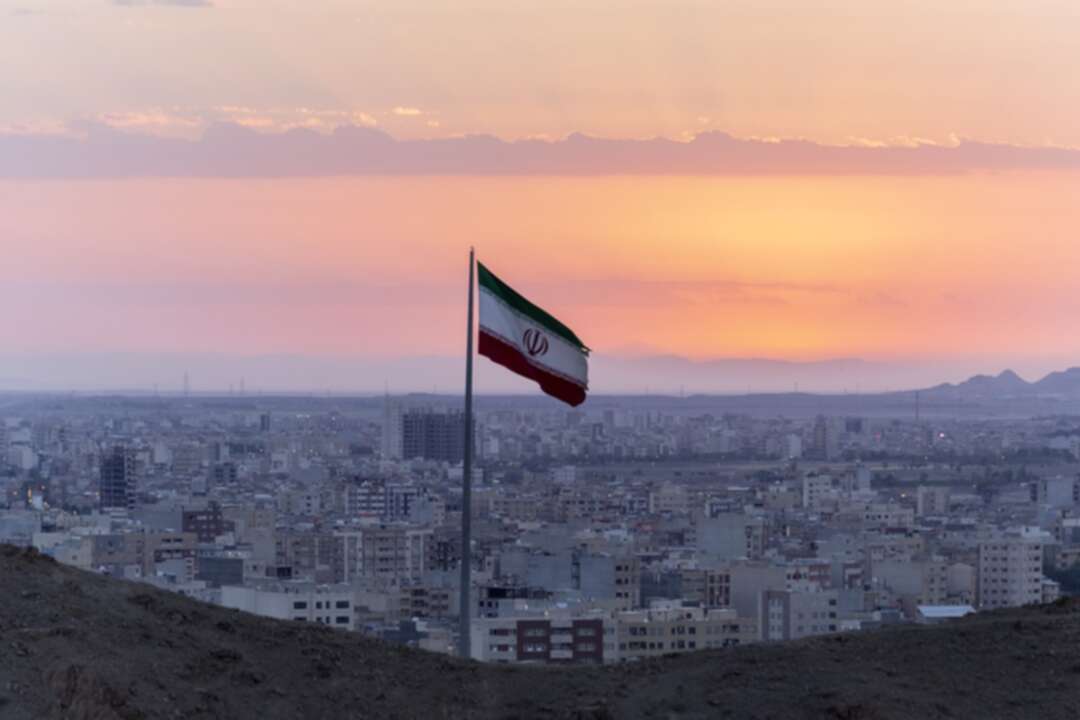
On the eve of World Human Rights Day, over 100 MEPs, including 14 former ministers, call on EU and member states to recognize the 1988 massacre in Iran as genocide and a crime against humanity - Adopt a firm policy in the nuclear negotiations.
In a statement addressed to EU leaders, including Mr. Josep Borrell, Vice President/High Representative of the Union for Foreign affairs and Security Policy, over 100 members of the European Parliament, called on the Union and its member states to recognize the "1988 massacre in Iran as genocide and a crime against humanity."
The MEPs from various political groups, which include two presidents and six vice- presidents of parliamentary groups, a former prime minister and a former head of state, two deputy prime ministers and 14 former European ministers, including the foreign and defense ministers of Poland, Spain, the Czech Republic and Lithuania.
Two presidents and eight vice presidents of European Parliament committees and five presidents of parliamentary delegations were among the signatories.
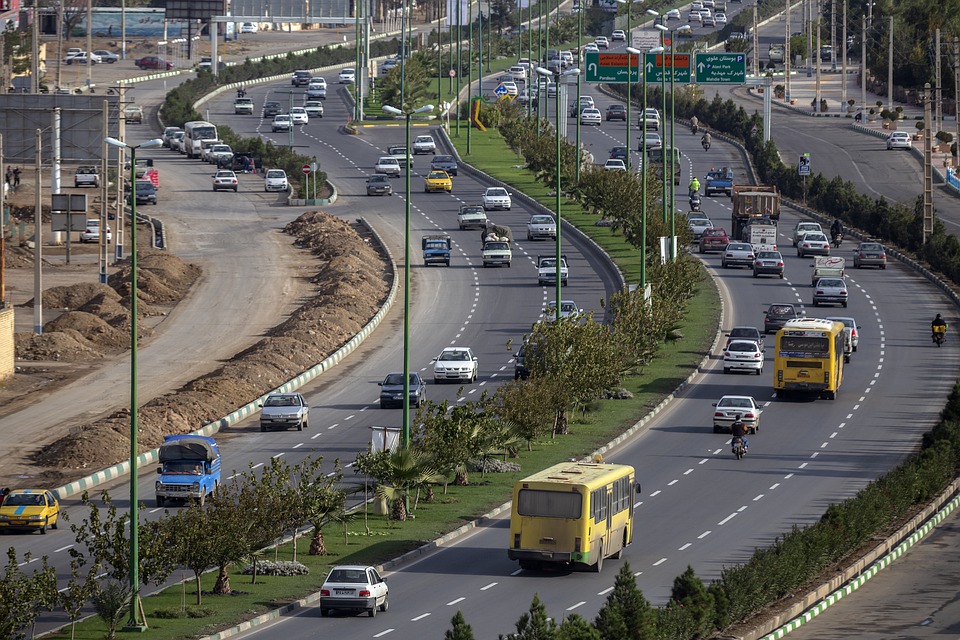 Iran-Qom city/Pixabay
Iran-Qom city/PixabayThe statement, initiated by the European Parliament's "Friends of Free Iran" group, urged the EU and its member states to adopt a firm policy, especially in the nuclear talks with Iran and "to make the respect for human rights and abolition of death penalty a precondition in its relations with the Iranian regime.”
In the summer of 1988, Ruhollah Khomeini, the founder of the Islamic Republic, issued a fatwa ordering the execution of political prisoners, particularly those affiliated with the People's Mojahedin Organization of Iran Organization (PMOI/MEK), who remained steadfast in defending democracy and freedom. Within weeks, nearly 30,000 political prisoners, 90 percent affiliated with the MEK, were massacred after sham trials that lasted a few minutes.
Many of the most prominent international jurists have described the 1988 massacre as a manifest case of a crime against humanity and genocide and have called for justice and to start judicial proceedings against the perpetrators of this crime.
In the statement, the MEPs condemned the immunity enjoyed by the ruling theocracy’s officials in Iran over the years. They underscored “The incumbent president, Ebrahim Raisi was a member of the so-called ’Death Commission‘ in the 1988 massacre of 30,000 political prisoners, mostly members and supporters of the PMOI/MEK, the democratic opposition to the regime. During his tenure as the Judiciary Chief, over 12,000 protesters were arrested in the November 2019 uprising and under his supervision, prisoners were subject to torture and many disappeared while in custody.
While only four months have passed since his presidency, 150 prisoners have been executed in order to intimidate and terrify the Iranian people and prevent another nationwide uprising, like the one in November 2019.”
Read more: UK announces new travel rules to limit spread of Omicron variant
The MEPs, 18 of whom are members of the European Parliament's Foreign Affairs Committee, noted that the Iranian regime's crimes and destructive behavior were not limited to its borders, and that "The flip side to the brutal suppression of human rights in Iran is its efforts to acquire the nuclear bomb, its long-range ballistic missiles production and expansion of terrorism, and warmongering in the region.”
The MEPs stressed “The UN Secretary-General, António Guterres, has issued a damning report on the grave human rights violations that have occurred in Iran in which he expresses his concern over impunity from past violations such as the 1988 massacre. The UN Secretary-General has accused the Iranian regime of “destroying evidence of the execution of political dissidents at that time (1988) and the harassment and criminal prosecution of families of victims calling for truth and accountability.”
Read more: Eastern Europe at Boiling Point
Recently, the highest federal court in Switzerland ordered the federal prosecutor to investigate the assassination of Kazem Rajavi in Geneva in 1990 by the mullahs’ regime under the title of crime against humanity and genocide. Dr. Rajavi was the representative of the National Council of Resistance of Iran (NCRI) in Switzerland and a former ambassador.”
One of the mullahs' regime officials, Hamid Noury, who was the deputy prosecutor in Gohardasht prison at the time of the 1988 massacre and was directly involved in the massacre of political prisoners, has been on trial in Sweden since August 2021.
Levantnews
You May Also Like
Popular Posts
Caricature
BENEFIT Sponsors BuildHer...
- April 23, 2025
BENEFIT, the Kingdom’s innovator and leading company in Fintech and electronic financial transactions service, has sponsored the BuildHer CityHack 2025 Hackathon, a two-day event spearheaded by the College of Engineering and Technology at the Royal University for Women (RUW).
Aimed at secondary school students, the event brought together a distinguished group of academic professionals and technology experts to mentor and inspire young participants.
More than 100 high school students from across the Kingdom of Bahrain took part in the hackathon, which featured an intensive programme of training workshops and hands-on sessions. These activities were tailored to enhance participants’ critical thinking, collaborative problem-solving, and team-building capabilities, while also encouraging the development of practical and sustainable solutions to contemporary challenges using modern technological tools.
BENEFIT’s Chief Executive Mr. Abdulwahed AlJanahi, commented: “Our support for this educational hackathon reflects our long-term strategic vision to nurture the talents of emerging national youth and empower the next generation of accomplished female leaders in technology. By fostering creativity and innovation, we aim to contribute meaningfully to Bahrain’s comprehensive development goals and align with the aspirations outlined in the Kingdom’s Vision 2030—an ambition in which BENEFIT plays a central role.”
Professor Riyadh Yousif Hamzah, President of the Royal University for Women, commented: “This initiative reflects our commitment to advancing women in STEM fields. We're cultivating a generation of creative, solution-driven female leaders who will drive national development. Our partnership with BENEFIT exemplifies the powerful synergy between academia and private sector in supporting educational innovation.”
Hanan Abdulla Hasan, Senior Manager, PR & Communication at BENEFIT, said: “We are honoured to collaborate with RUW in supporting this remarkable technology-focused event. It highlights our commitment to social responsibility, and our ongoing efforts to enhance the digital and innovation capabilities of young Bahraini women and foster their ability to harness technological tools in the service of a smarter, more sustainable future.”
For his part, Dr. Humam ElAgha, Acting Dean of the College of Engineering and Technology at the University, said: “BuildHer CityHack 2025 embodies our hands-on approach to education. By tackling real-world problems through creative thinking and sustainable solutions, we're preparing women to thrive in the knowledge economy – a cornerstone of the University's vision.”
opinion
Report
ads
Newsletter
Subscribe to our mailing list to get the new updates!


